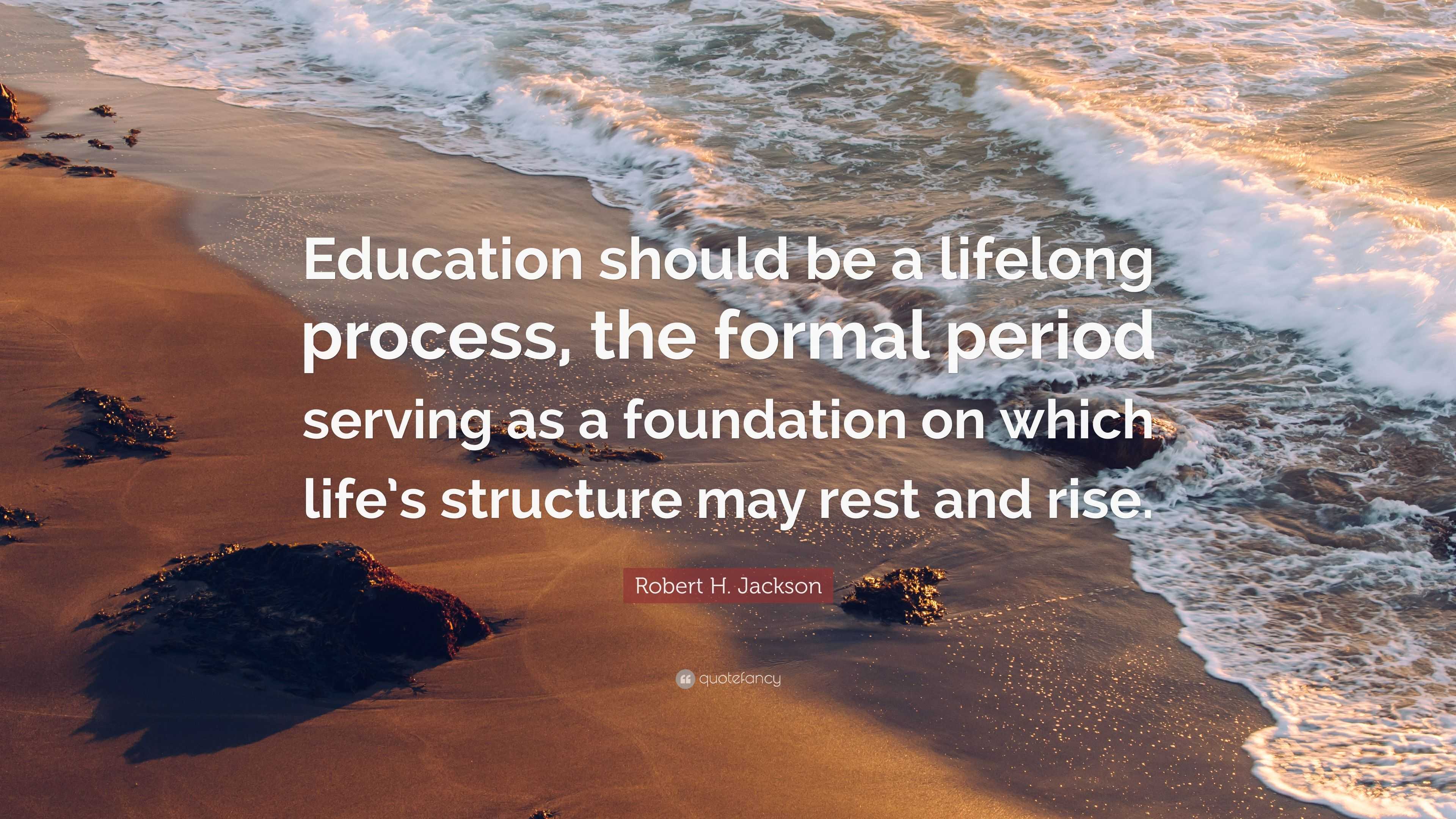Education Presentation
| Introduction to Education | ||
|---|---|---|
| Education is a lifelong process that empowers individuals to acquire knowledge, skills, and values necessary for personal and societal development. Education plays a crucial role in fostering social and economic progress. Education can take various forms, including formal schooling, vocational training, and self-directed learning. | ||
| 1 | ||
| Benefits of Education | ||
|---|---|---|
| Education promotes critical thinking, problem-solving, and decision-making skills. Education enhances career prospects and increases earning potential. Education fosters personal growth, empowerment, and a sense of fulfillment. | ||
| 2 | ||
| Challenges in Education | ||
|---|---|---|
| Inadequate access to education, particularly in marginalized communities and developing countries, hampers global progress. Educational disparities, such as gender inequality and socioeconomic gaps, hinder equal opportunities for all. Outdated curriculum and teaching methods often fail to meet the needs of a rapidly changing world. | ||
| 3 | ||
| Education and Technology | ||
|---|---|---|
| Technology has revolutionized education, enabling distance learning, online courses, and digital resources. Educational technology enhances engagement, collaboration, and personalized learning experiences. However, the digital divide and overreliance on technology pose challenges in ensuring equitable access and maintaining a balanced learning environment. | ||
| 4 | ||
| Future of Education | ||
|---|---|---|
| The future of education will require a shift towards lifelong learning to adapt to the dynamic demands of the 21st century. Personalized learning approaches, such as competency-based education, will gain prominence. Collaboration between educators, policymakers, and technology experts will be crucial in shaping the future of education. Note: This is a sample slide presentation. You can modify the content and design as per your requirements. |  | |
| 5 | ||



